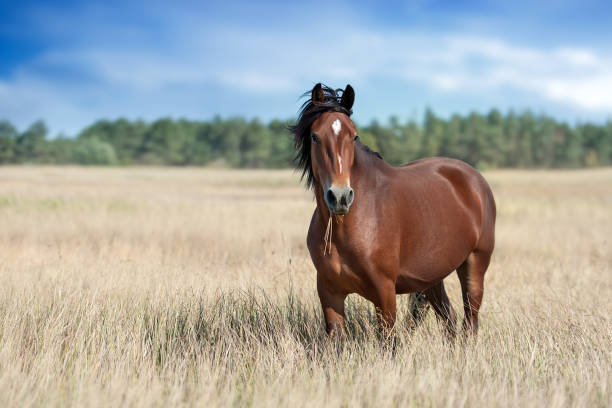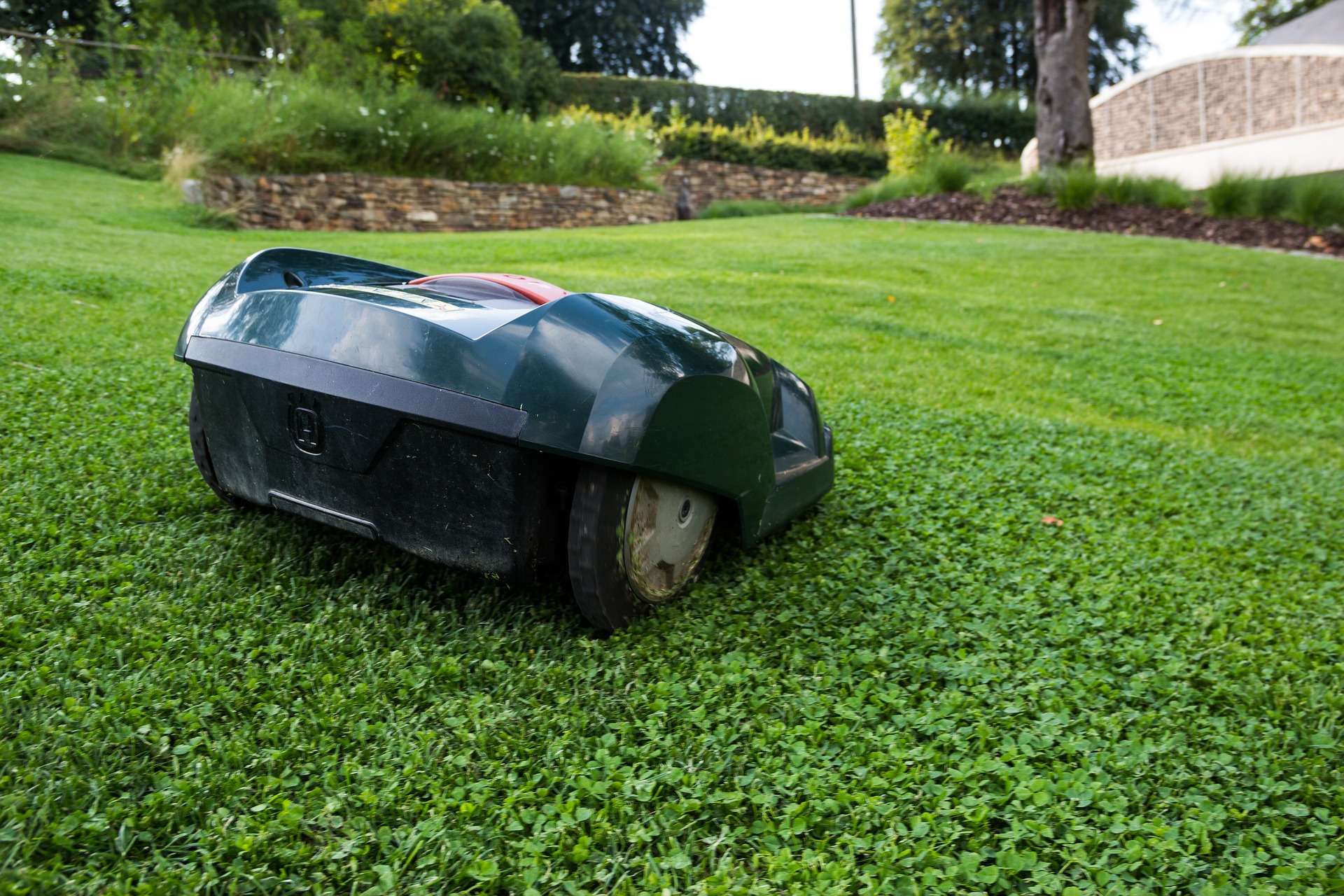Unveiling the Fascinating World of Miniature Horses
In a world full of towering equines, miniature horses have carved a niche for themselves. These pint-sized wonders are not just a sight to behold but are also known for their intelligence, versatility, and companionship. This article delves deep into the history, current trends, and the influence of these tiny equines, providing a fresh perspective on their unique role in the animal kingdom.

The Origin Story of Miniature Horses
Miniature horses trace their roots back to the early 17th century in Europe, where they were bred as pets for the nobility. The Industrial Revolution saw them being used in coal mines due to their small size and robust constitution. They were brought to the United States in the 19th century and have since gained popularity for their adaptability and endearing temperament.
The Modern Miniature Horse: More Than Just a Pet
In recent years, miniature horses have transcended the role of being mere pets. Many are now certified as service animals, providing companionship and aid to the visually impaired and those with disabilities. This transition has not only elevated their social status but has also sparked an interest in their breeding and training practices.
The Cost and Market Impact of Miniature Horses
The price of a miniature horse can range anywhere from $1,000 to $200,000, depending on its lineage, training, and show records. This wide price range reflects their growing popularity and the potential investment opportunities they present. The miniature horse industry has also influenced the equine market, with an increase in demand for specialized feed, grooming products, and custom-made tack.
The Science Behind Their Stature
The diminutive size of these horses, standing less than 34-38 inches tall, is a result of selective breeding over centuries. Despite their size, they have all the characteristics of a full-sized horse. Recent genetic studies have also revealed that their small stature is not linked to dwarfism, as previously thought, but is a result of a naturally occurring gene mutation.
Why Miniature Horses Make Great Companions
Miniature horses are known for their friendly and gentle nature, making them excellent companions. They are intelligent, trainable, and can adapt to various environments, from small city apartments to large country estates. Their long lifespan, averaging around 30 years, allows for a long-term bond to be formed with their human caretakers.
In conclusion, miniature horses are more than their size suggests. They have a rich history, serve incredible roles in society, and have a profound impact on the equine market. While their small stature might be the first thing that catches your eye, it’s their intelligence, adaptability, and companionship that truly make them stand out in the animal kingdom.




